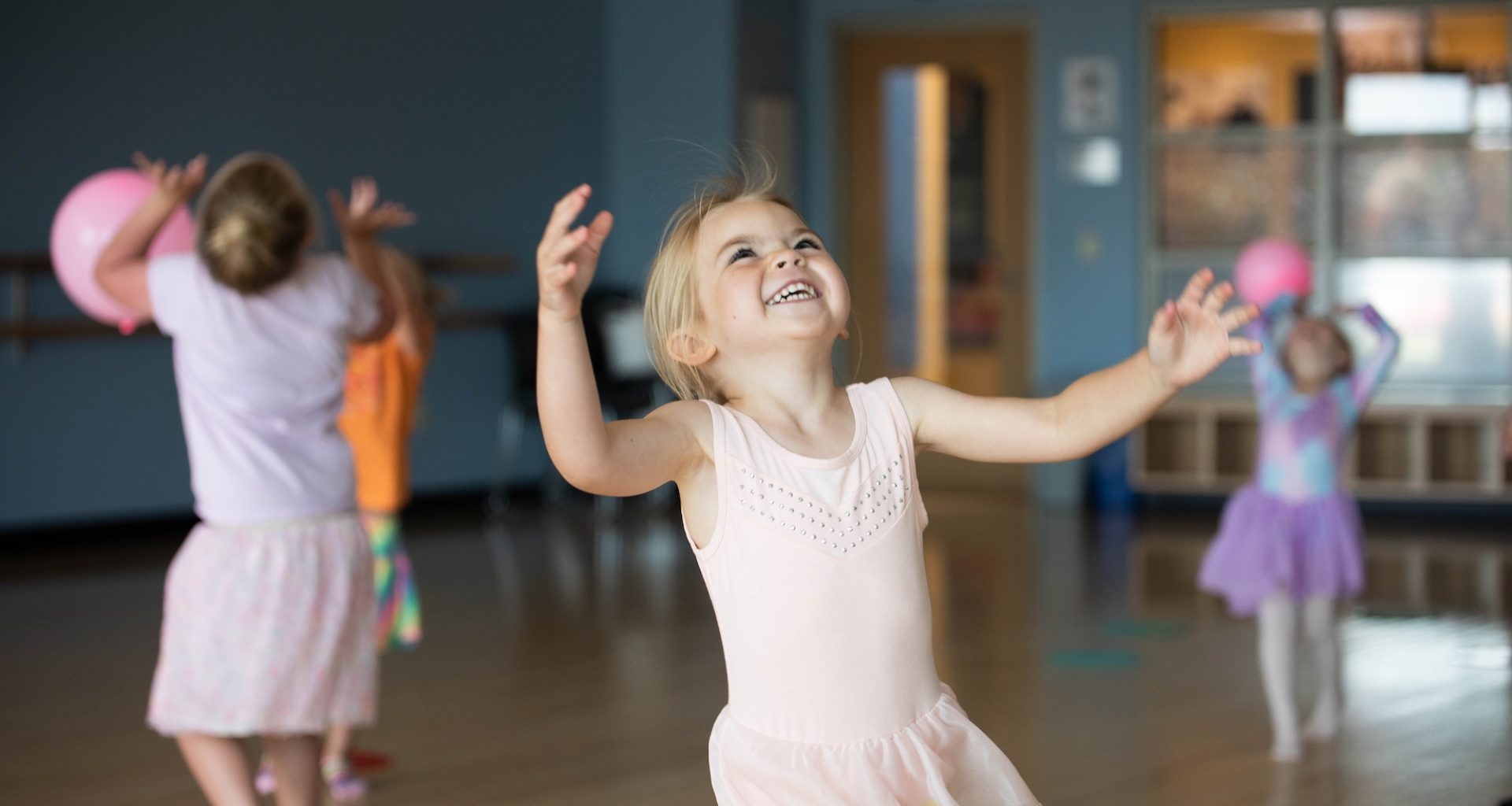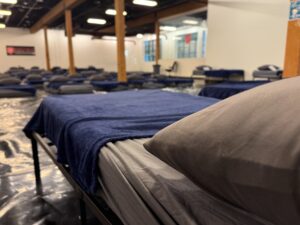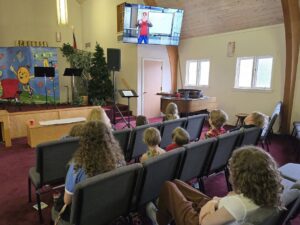Amid the relentless buzz of smartphones, social media and daily distractions, kids face challenges unlike any before—from anxiety tied to nonstop connectivity to the pressures of measuring themselves against others online.
Establishing secure and encouraging environments plays a vital role in promoting children’s emotional health and personal growth.
Research from the National Library of Medicine finds support provided through safe spaces—like schools, community centers and other structured environments—can benefit mental health and well-being while promoting individual growth among children and young adults.
A consistent and caring environment allows youth to pause, decide how to express themselves and develop into the people they are meant to become.
Across the western U.S., The Salvation Army operates youth programs that provide more than simply entertainment and safety. These opportunities help young people build community, explore their identity and sometimes discover a calling that shapes their future.
Long Beach (California) Red Shield Corps Officer Captain Jared Arnold put it this way: “Kids are the future, which is why it’s so important to show up for them—to listen, support and encourage them through whatever life throws their way. When we offer them safe and nurturing spaces, we help them grow into confident, resilient individuals who are ready to thrive.”
While programs vary throughout the West, The Salvation Army helps build kids’ confidence and identity through three major ways.
1. Camps that build confidence
The Salvation Army runs 11 summer camps across the West, from the colorful beaches of Hawaii to the mountains of Washington. Each camp offers kids a chance to step outside their everyday environment and discover new strengths.
Teen camper Taylor William-Lewis admitted she felt hesitant about attending her first day at the Salvation Army’s Camp Daley in Malibu Canyon, California. But by the second day, she described it as a place where she felt free to be herself.
“I started to understand myself and my purpose,” she said.
Her time at camp deepened her relationship with God and opened her eyes to a passion of working with younger kids, she said.
Now, she works as a camp counselor during the summer, helping kids navigate challenges, build confidence and create the same kind of life-changing memories that shaped her.
“I want other kids to experience what camp can do for them,” she said.
2. Empowering after-school programs
The Salvation Army’s after-school programs provide a structured environment where kids can unwind, learn and grow beyond the classroom. Whether it’s getting help with homework, building friendships or discovering new interests, these programs give students the support they need during after-school hours.
Research from the National Library of Medicine reveals the importance of these supportive spaces, showing they contribute to better academic outcomes, stronger social skills and deeper connections among peers.
At The Salvation Army’s after-school program at the Turlock (California) Corps, kids built confidence and creativity by becoming published authors. Sixteen students, ranging from kindergarten to sixth grade, each wrote and illustrated a book involving the theme, “heroes,” often choosing parents or grandparents as their inspiration.
Over the course of four months, the kids worked on their books and surprised themselves with what they were capable of—one even recognizing his growth in writing and feeling inspired to publish a book of his own one day.
3. Outlets that spark passion
When kids have the opportunity to express themselves through music, art, dance or other creative outlets, they often discover new talents and interests.
At The Salvation Army Anaheim (California) Red Shield, the Freer Forte music program helps kids build skills and confidence as musicians, allowing them to choose the path that suits them best, from guitar and drums to piano and vocals.
“In a time when many kids are hooked on video games and social media, music provides a creative outlet that encourages focus, discipline and expression,” said Freer Forte teacher James Grover, a musician himself.
Through his experience teaching, Grover has recognized how kids grow when given the chance to explore their creativity. Music becomes more than just notes and rhythms; it becomes a source of confidence, teamwork and self-discovery that stays with them.
“When you give kids time and patience, they often surprise themselves. This is invaluable for self-discovery and setting them up for success,” Grover said.
Set for success
The Salvation Army is dedicated to creating spaces where kids feel safe, supported and free to grow. Places where they can discover who they are, and who they’d like to become.
“One of the greatest gifts we can give kids is a place to be themselves,” Arnold said.
Do Good:
- It’s because of people like you that The Salvation Army can serve more than 27 million Americans in need each year. Your gift helps fight for good all year in your community. It’s an effort to build well-being for all of us, so together we rise—and that good starts with you. Give to spread hope with a donation of funds, goods or time today.












